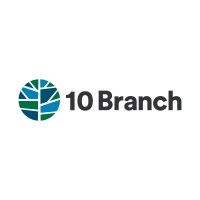Enhancing Accounts Receivables Through Compliance Department Efforts

In the realm of accounts receivables, the compliance department plays a pivotal role in ensuring adherence to regulatory standards and mitigating risks. Let's delve into the challenges and opportunities that lie at the intersection of accounts receivables and compliance.
The compliance department faces the challenge of navigating complex regulatory landscapes while maintaining efficient accounts receivables processes. However, this challenge presents an opportunity to streamline operations, enhance transparency, and foster trust with stakeholders.
The Role of Technology in Accounts Receivables Compliance
Embracing technological solutions can significantly aid the compliance department in monitoring transactions, detecting anomalies, and ensuring data security. Implementing robust software systems and automated processes can enhance compliance efforts and reduce manual errors.
Collaboration between Compliance and Accounts Receivables Teams
Effective communication and collaboration between the compliance and accounts receivables teams are essential. By fostering a culture of cooperation and knowledge sharing, organizations can strengthen compliance practices, improve internal controls, and drive operational efficiency.
Practical Solutions and Insights:
- Conduct regular audits to identify compliance gaps and implement corrective measures.
- Invest in employee training programs to enhance awareness of regulatory requirements and best practices.
- Utilize data analytics tools to monitor accounts receivables activities and detect potential compliance issues proactively.
Implementation Steps:
- Establish clear compliance policies and procedures tailored to accounts receivables operations.
- Integrate compliance checkpoints into accounts receivables workflows to ensure adherence to regulations at every stage.
- Regularly review and update compliance frameworks in response to regulatory changes and evolving business needs.
By aligning accounts receivables practices with compliance standards, organizations can not only mitigate risks but also enhance operational efficiency and build a reputation for integrity and trustworthiness.











